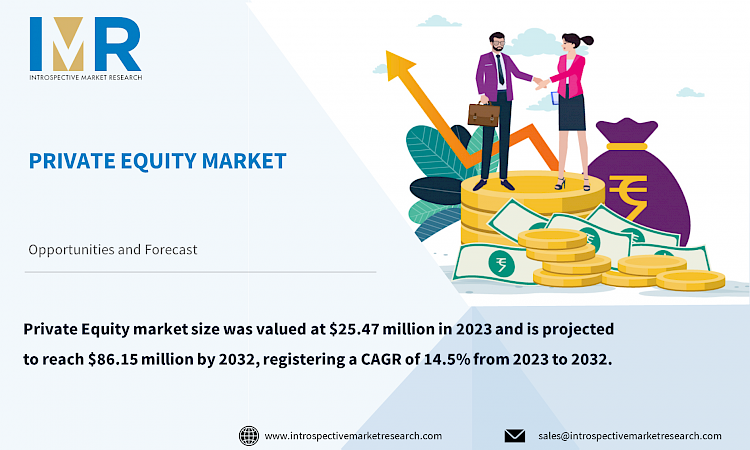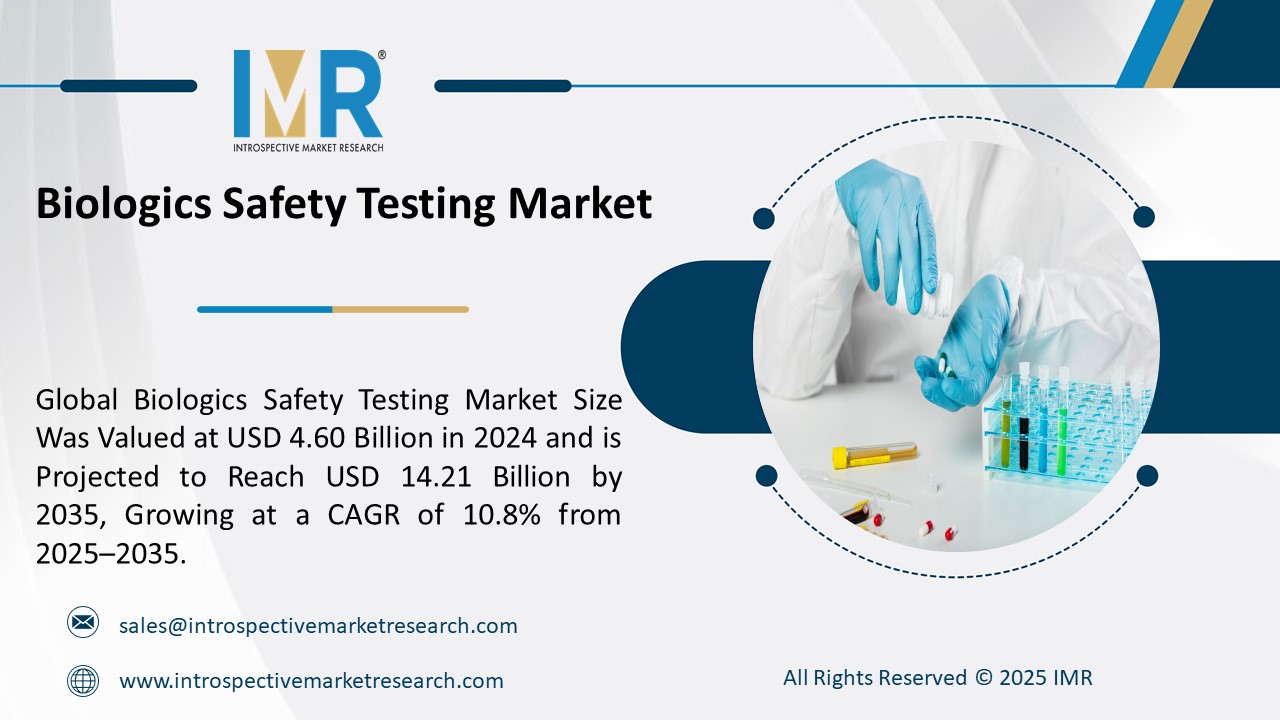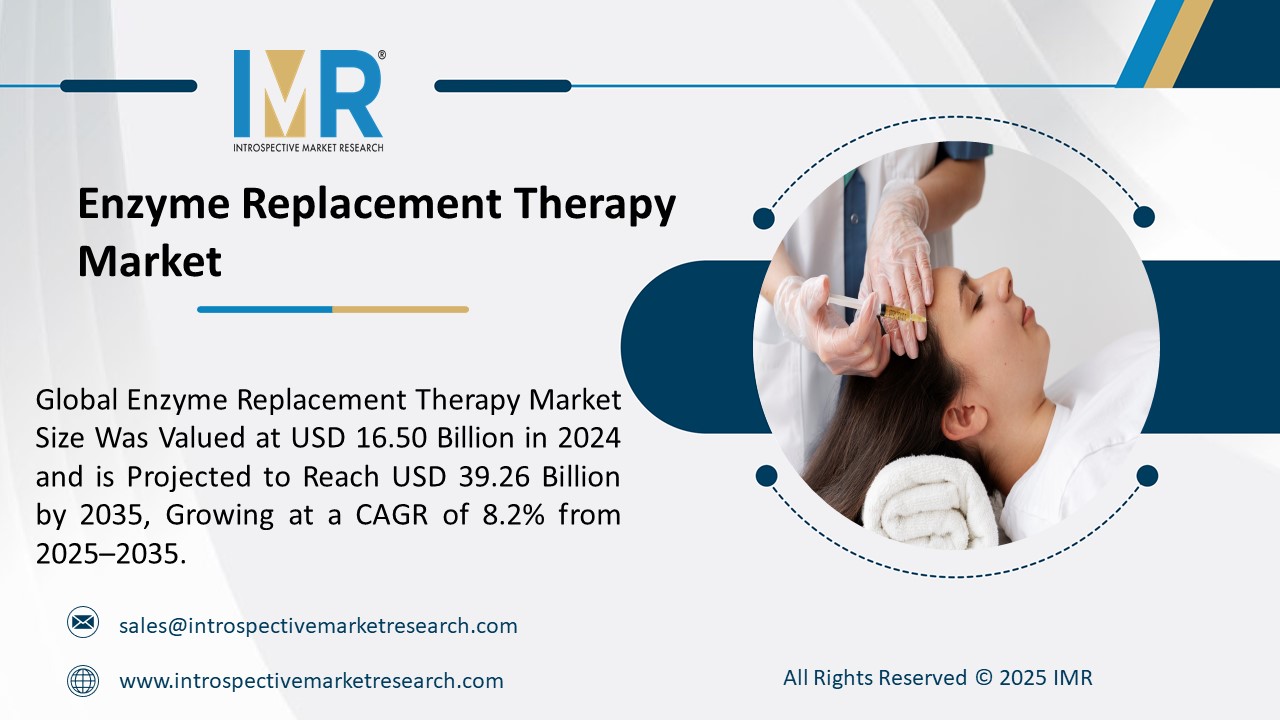Private Equity Market
According to a new report published by Introspective Market Research, titled, ?Private Equity Market by Fund Type, Sector and Investments: Global Opportunity Analysis and Industry Forecast, 2024?2032,?
the global Private Equity market size was valued at $25.47 million in 2023 and is projected to reach $86.15 million by 2032, registering a CAGR of 14.5% from 2023 to 2032.
Private equity involves direct financial investment in private organizations or assets by individuals or groups, aiming for partial ownership. Managed by professionals who raise funds from investors like pension funds and wealthy individuals, these firms strive to enhance value in their investments through operational improvements, strategic actions, or financial restructurings, aiming for profitable exits via sales or IPOs. Unlike publicly traded companies pressured for short-term results, private equity firms can focus on long-term value creation, fostering innovation and market competitiveness. Despite criticisms such as excessive leverage and governance issues, the sector continues to attract investors seeking higher returns and portfolio diversification. Advancements in technology, like big data analytics, further refine investment strategies, positioning private equity as a competitive force shaping economic growth and opportunity across various sectors.
According to the global Private Equity market analysis, the market is divided by Fund Type, Sector and Investments, and geographical division. By Fund Type, the market is categorized into Buyout, Venture Capital (VCs), Real Estate, Infrastructure, Other (Distressed PE, Direct Lending, Etc.) By Sector, the market is categorized into Technology (Software), Healthcare, Real Estate and Services, Financial Services, Industrials, Consumer & Retail, Energy & Power, Media & Entertainment, Telecom, and Others (Transportation, Etc.). By Investments, the market is categorized into Large Cap, Upper Middle Market, Lower Middle Market, and Real Estate. By geography, it includes North America, Europe, Asia-Pacific, and LAMEA markets. Further, the report also covers the strategies adopted by key market players to sustain a competitive environment and increase their market share.
The evolution of ESG integration and impact investing in private equity reflects a growing trend toward sustainable and responsible investment practices. Investors now prioritize ESG factors, seeking funds that deliver not only financial returns but also positive social and environmental impacts. Private equity firms are expanding their use of ESG criteria across investment assessment, decision-making, and management phases. This shift is reinforced by global regulatory frameworks supporting sustainable investments. Concurrently, advancements in technology like AI, blockchain, and automation are disrupting traditional industries, and reshaping investment strategies. Sectors such as healthcare and automotive are witnessing significant private equity interest due to innovations like telemedicine and electric vehicles. These technological disruptions offer scalability and agility but also present challenges such as heightened competition and regulatory complexities. To navigate this landscape, private equity firms are diversifying portfolios, forging partnerships with tech-driven startups, and leveraging data analytics for strategic investment decisions. This transformative environment underscores a shift towards sustainable, technology-driven investment opportunities.
Global Private Equity Market, Segmentation
The Private Equity market is segmented based on Fund Type, Sector, and Investments, and region.
Type:
The global private equity market, segmented by fund type, encompasses various sectors such as buyout, venture capital (VC), real estate, infrastructure, distressed investing, and direct lending. Each segment employs distinct investment strategies and carries unique risks. Leveraged buyout funds target mature organizations for mergers and acquisitions, aiming to enhance operational efficiency and profitability. VC funds focus on high-growth innovative startups, while real estate funds prioritize properties for capital appreciation. Infrastructure funds concentrate on assets like roads and bridges. Distressed PE funds specialize in distressed assets, and direct lending funds provide debt financing. This diversity caters to different investor preferences and market opportunities, making the private equity landscape intricate and multifaceted.
Sector:
The private equity market demonstrates distinct characteristics across various sectors, each presenting unique advantages and challenges in mergers and acquisitions. Software technology stands out for its transformative potential in operational methods, drawing significant investor interest. Healthcare remains pivotal, driven by advancements in technology and a growing elderly population. Real estate and service sectors have shown resilience amid economic downturns, offering comparatively stable returns versus the volatile financial services industry. Industrials attract attention for their role in infrastructure, while consumer and retail sectors pivot towards e-commerce and sustainability. Energy investments are shifting towards sustainable power sources, and telecom converges with media, focusing on digital transformation and content distribution. Transport offers niche investment opportunities. Overall, private equity investors diversify risks across sectors, continually seek new prospects, and leverage resources to enhance value and returns effectively.
Region:
North America is driven to maintain its leading position in the private equity sector in the upcoming years due to several key factors. Firstly, the region boasts a substantial number of seasoned investors and robust financial systems with effective regulations in place. Moreover, favorable economic conditions including a high GDP, advantageous interest rates, and a conducive business environment have fostered significant growth in North America's private equity market. The presence of strong institutional frameworks across various sectors, particularly in healthcare, information technology, and consumer products, offers abundant and substantial investment opportunities for private equity firms. Additionally, the region's vast and diverse market provides ample room for portfolio diversification, a crucial strategy for mitigating risks in volatile markets. In essence, North America is set to remain highly attractive for private equity investments due to its favorable investment climate, well-established financial infrastructure, and expansive prospects for growth and diversification.
Some of The Leading/Active Market Players Are-
- The Blackstone Group (US)
- KKR & Co. Inc. (US)
- The Carlyle Group (US)
- Apollo Global Management (US)
- Bain Capital (US)
- TPG Capital (US)
- Warburg Pincus (US)
- Advent International (US)
- General Atlantic (US)
- Silver Lake Partners (US), and Other Active Players
Key Industry Developments
- In February 2024, Coller Capital announced the imminent launch of the Coller Secondaries Private Equity Opportunities Fund tailored for accredited high-net-worth investors. This tender offer fund focuses solely on private equity secondaries, offering individuals a streamlined entry into private markets with a diversified, institutional-grade portfolio.
- In October 2023, Van Lanschot Kempen Investment Management announced the launch of the Kempen North American Private Equity Fund today. This new fund expands Van Lanschot Kempen's private markets investment offerings, targeting small and medium-sized privately owned companies in North America. With a ten-year term, it marks Van Lanschot Kempen's third private equity fund, following successful launches focused on Europe.
Key Findings of the Study
- The global private equity market was valued at $25.47 million in 2023 and is projected to reach $86.15 million by 2032, growing at a CAGR of 14.5% from 2023 to 2032.
- North America leads the global private equity market, supported by robust financial systems, favorable economic conditions, and a conducive regulatory environment. Europe, Asia-Pacific, and LAMEA regions also contribute significantly, offering diverse investment opportunities.
- Adoption of AI, blockchain, and automation is transforming investment strategies, enhancing operational efficiencies, and driving innovation across sectors like healthcare and automotive.






